IMDUR 60 MG is a long-acting nitrate used primarily for the prevention of angina pectoris, a condition characterized by severe chest pain due to an insufficient supply of blood to the heart. The active ingredient, Isosorbide Mononitrate, works by dilating blood vessels, which helps improve blood flow to the heart muscle and reduces the frequency of angina attacks. IMDUR is taken orally and is designed for sustained release, providing prolonged therapeutic effects throughout the day.
Usage Instructions:
Dosage: Take one IMDUR 60 MG tablet once daily.
Timing: It is best taken in the morning to cover daily activity.
Swallow Whole: Do not crush, chew, or break the tablet. Swallow it whole with a full glass of water.
Consistency: Take the medication at the same time every day for optimal effect.
Medicinal Advantages:
Angina Prevention: Reduces the frequency and severity of angina attacks by improving blood flow to the heart.
Long-Acting Formula: Provides extended relief from chest pain through sustained release of the medication.
Cardiovascular Support: Helps in managing symptoms associated with coronary artery disease, enhancing overall heart health.
Mechanism of Action:
IMDUR 60 MG (Isosorbide Mononitrate) works by releasing nitric oxide, which relaxes and widens the blood vessels, including the coronary arteries. This vasodilation effect reduces the heart’s oxygen demand by lowering blood pressure and decreasing the workload on the heart. As a result, it helps prevent angina attacks by ensuring a better supply of blood and oxygen to the heart muscle.
Off-Label Uses:
Heart Failure: Sometimes used in combination with other medications to manage symptoms of heart failure by reducing preload and afterload on the heart.
Raynaud’s Phenomenon: May be used off-label to help with this condition by improving blood flow to the extremities.
Expert Advice:
Regular Use: It’s important to take IMDUR consistently as prescribed, even if you feel well, to prevent angina attacks.
Lifestyle Changes: Complement the use of IMDUR with lifestyle changes such as a healthy diet, regular exercise, and smoking cessation to improve cardiovascular health.
Avoid Abrupt Withdrawal: Do not suddenly stop taking this medication without consulting your doctor, as it may worsen angina.
Precautions:
Alcohol: Avoid consuming alcohol as it can increase the blood pressure-lowering effects of IMDUR, leading to dizziness or fainting.
Blood Pressure Monitoring: Regularly monitor your blood pressure, especially if you are also taking other antihypertensive medications, as there is a risk of significant hypotension.
Headaches: Be aware that headaches are a common side effect, especially when starting the medication. These usually diminish over time.
Storage Conditions:
Temperature: Store at room temperature between 15°C to 30°C (59°F to 86°F).
Keep Dry: Keep the tablets in their original container, away from moisture and light.
Out of Reach: Store out of reach of children and pets.
FAQs:
Q: What is IMDUR 60 MG used for?
A: IMDUR 60 MG is used to prevent angina (chest pain) in patients with coronary artery disease by improving blood flow to the heart.
Q: How does IMDUR 60 MG work?
A: IMDUR 60 MG works by relaxing and widening blood vessels, reducing the workload on the heart and helping to prevent angina attacks.
Q: Can I stop taking IMDUR 60 MG if I feel better?
A: Do not stop taking IMDUR suddenly without consulting your doctor, as this can lead to a rebound increase in angina attacks.
Q: What should I do if I miss a dose?
A: Take the missed dose as soon as you remember, unless it’s almost time for the next dose. Do not double the dose to catch up.
Q: Are there any side effects?
A: Common side effects include headaches, dizziness, and lightheadedness, especially when first starting the medication.
Q: Can I take IMDUR with other medications?
A: Some medications may interact with IMDUR, especially other blood pressure-lowering drugs. Always inform your doctor about all the medications you are taking.
Q: Is IMDUR safe for long-term use?
A: IMDUR is generally safe for long-term use under medical supervision to prevent angina attacks.

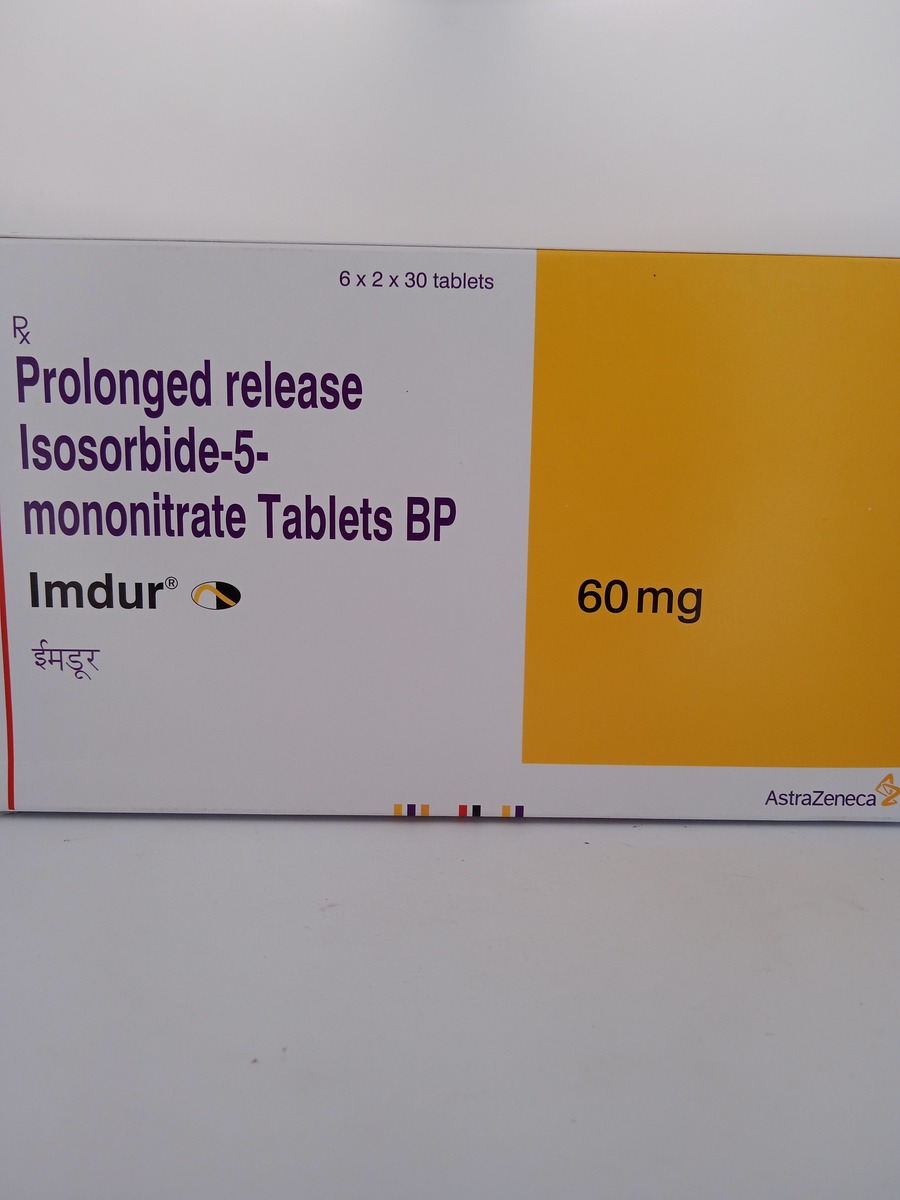
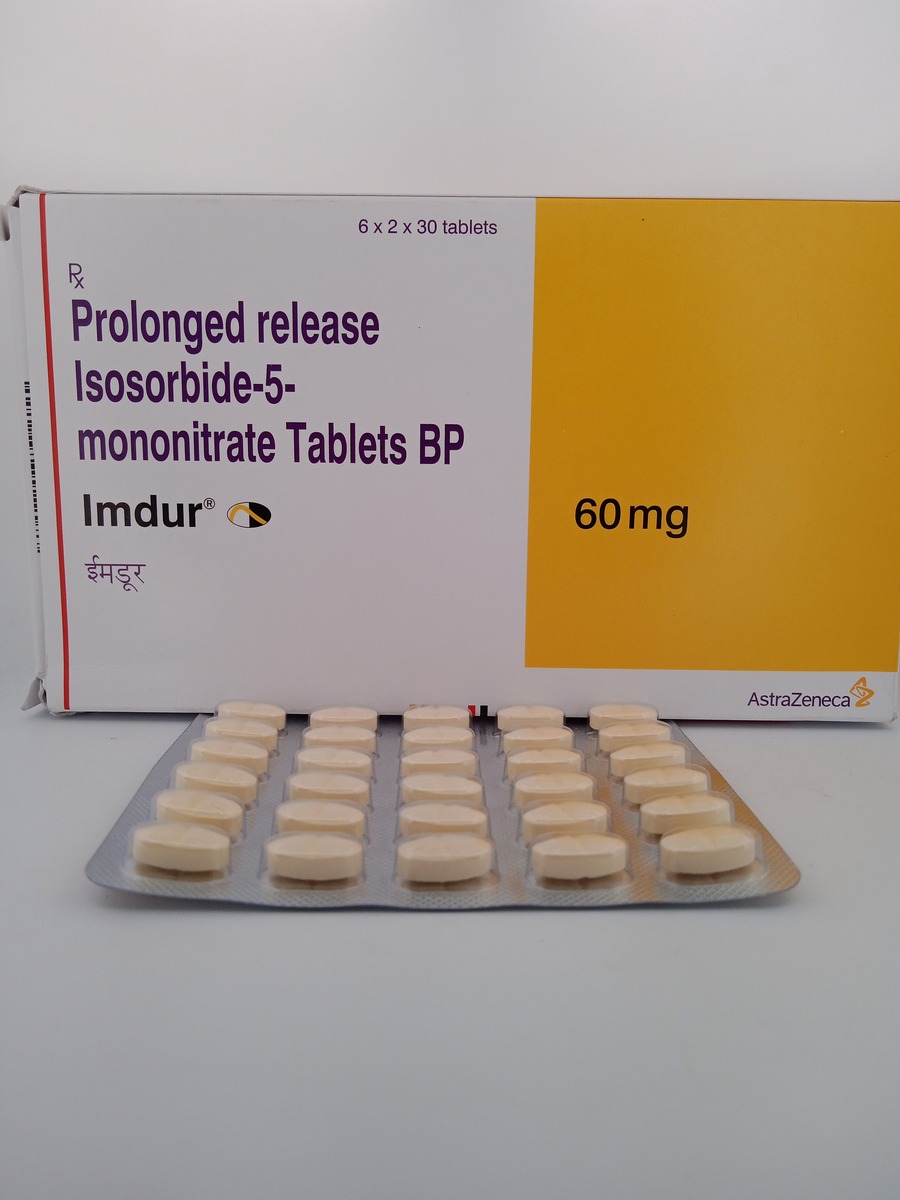
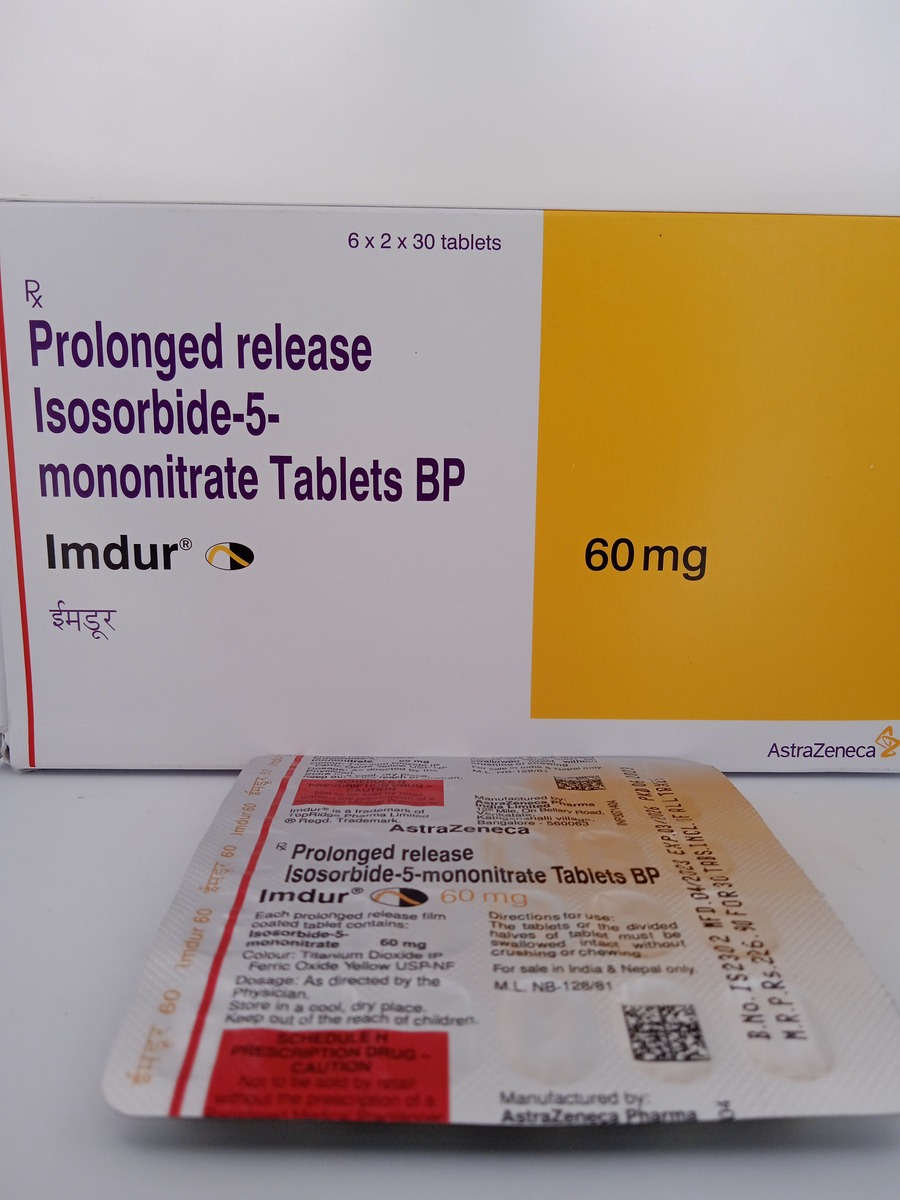
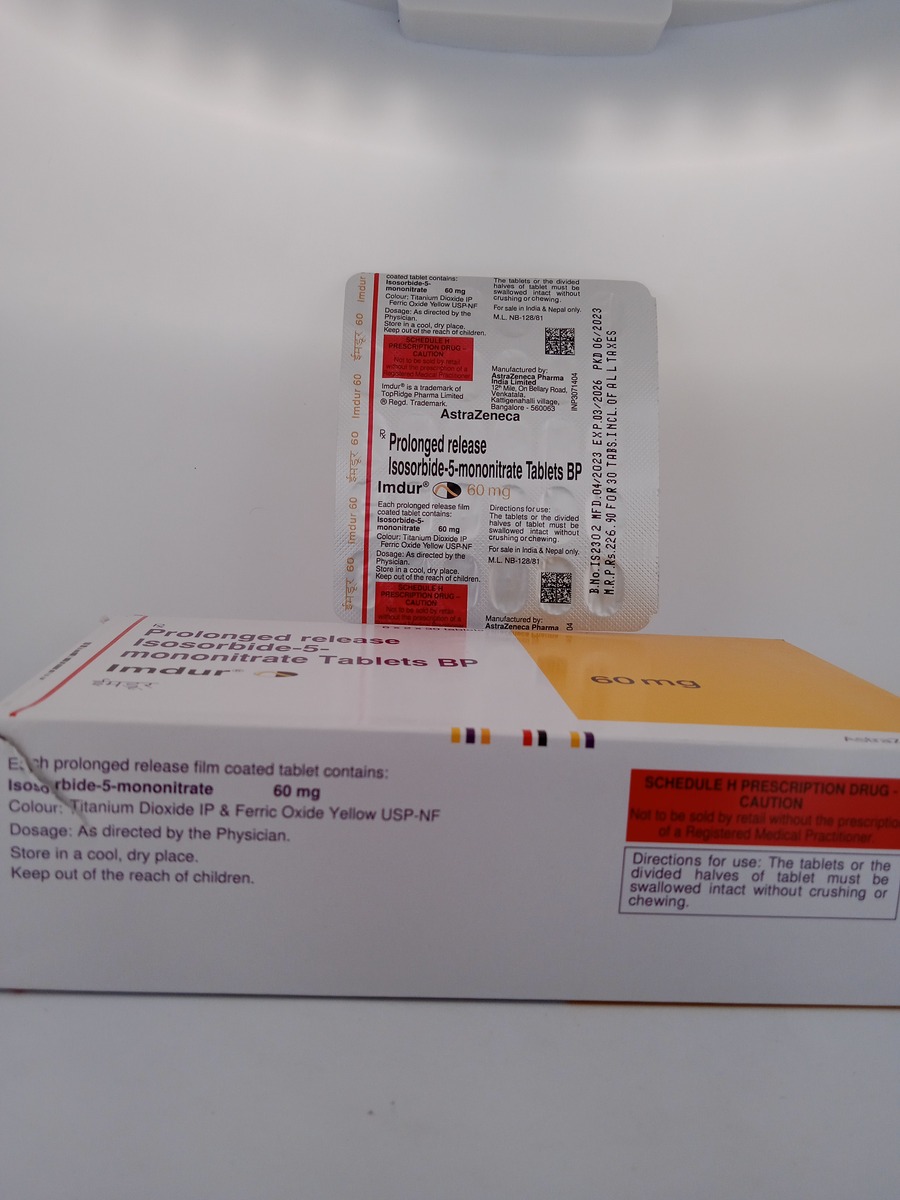

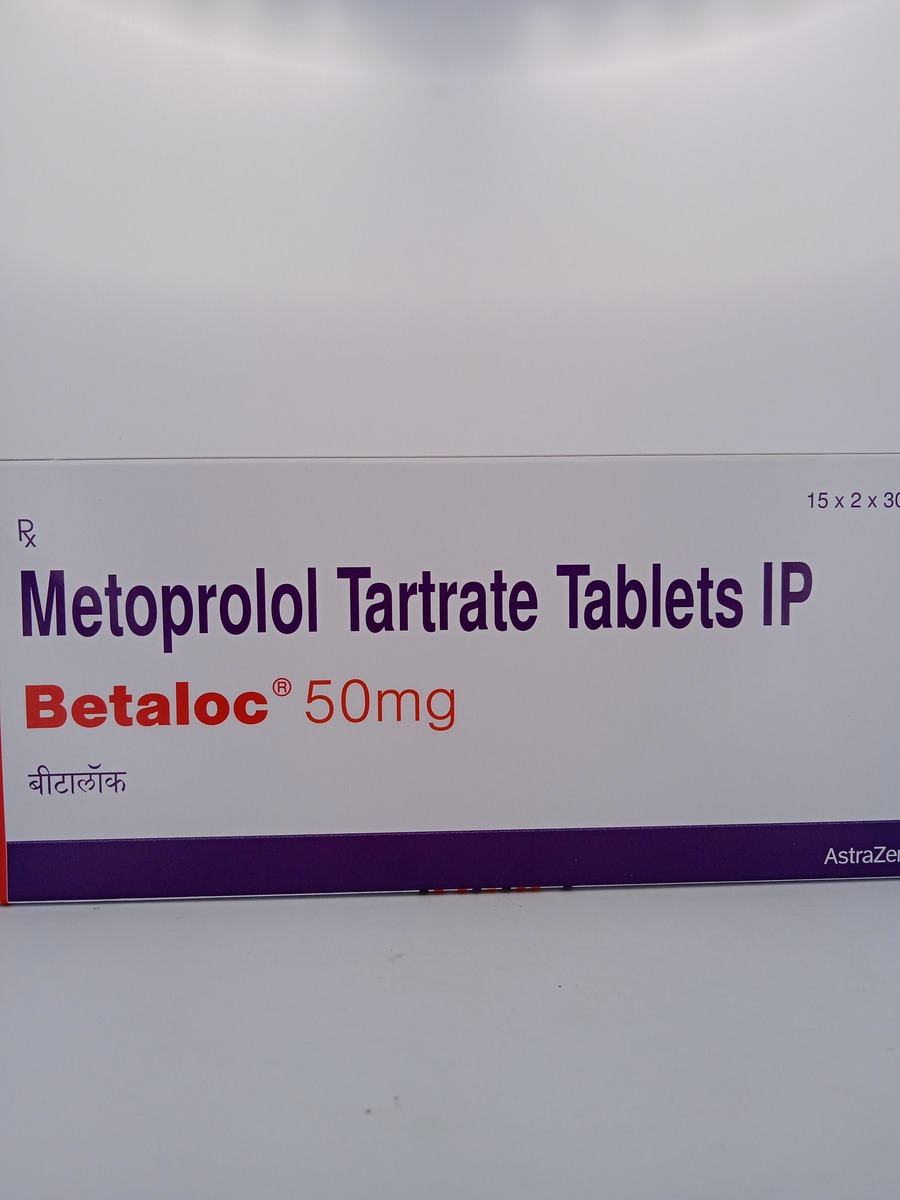
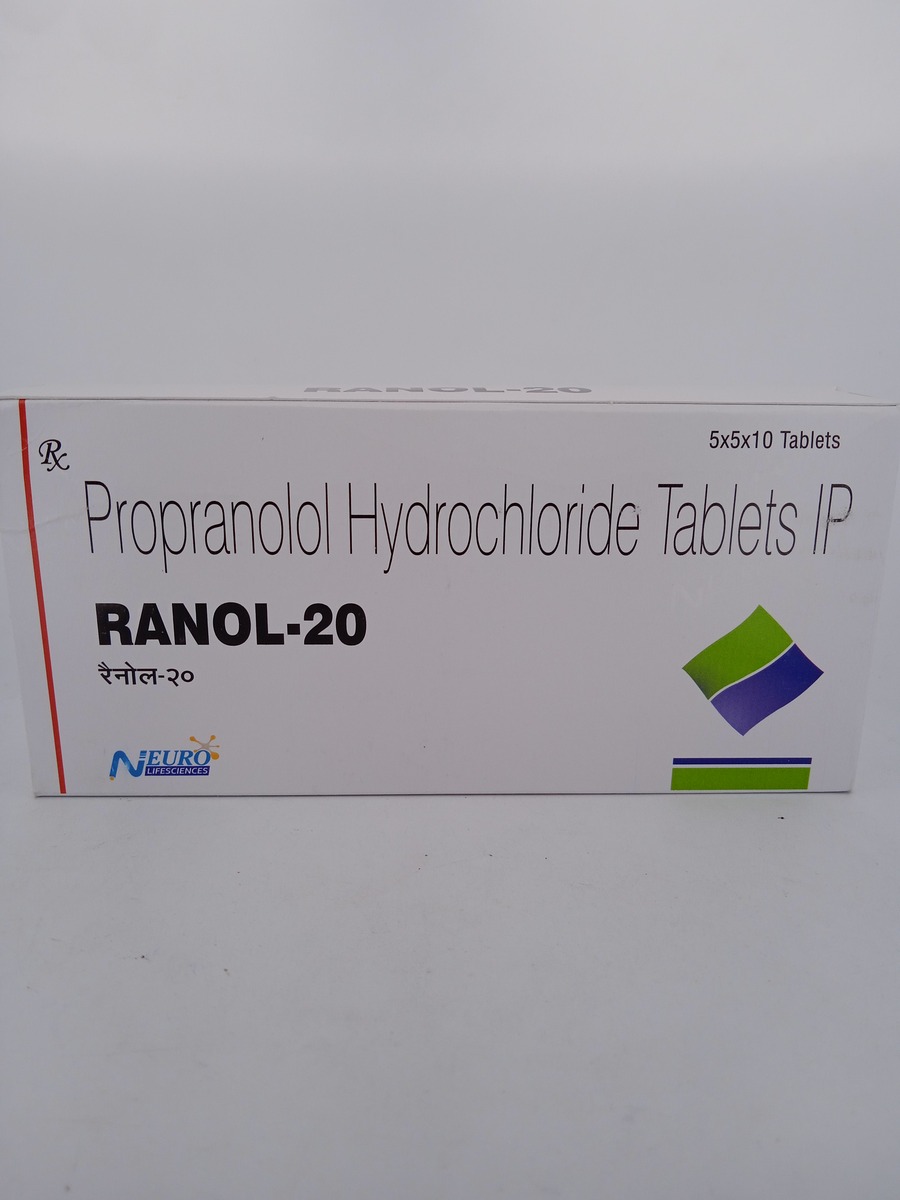
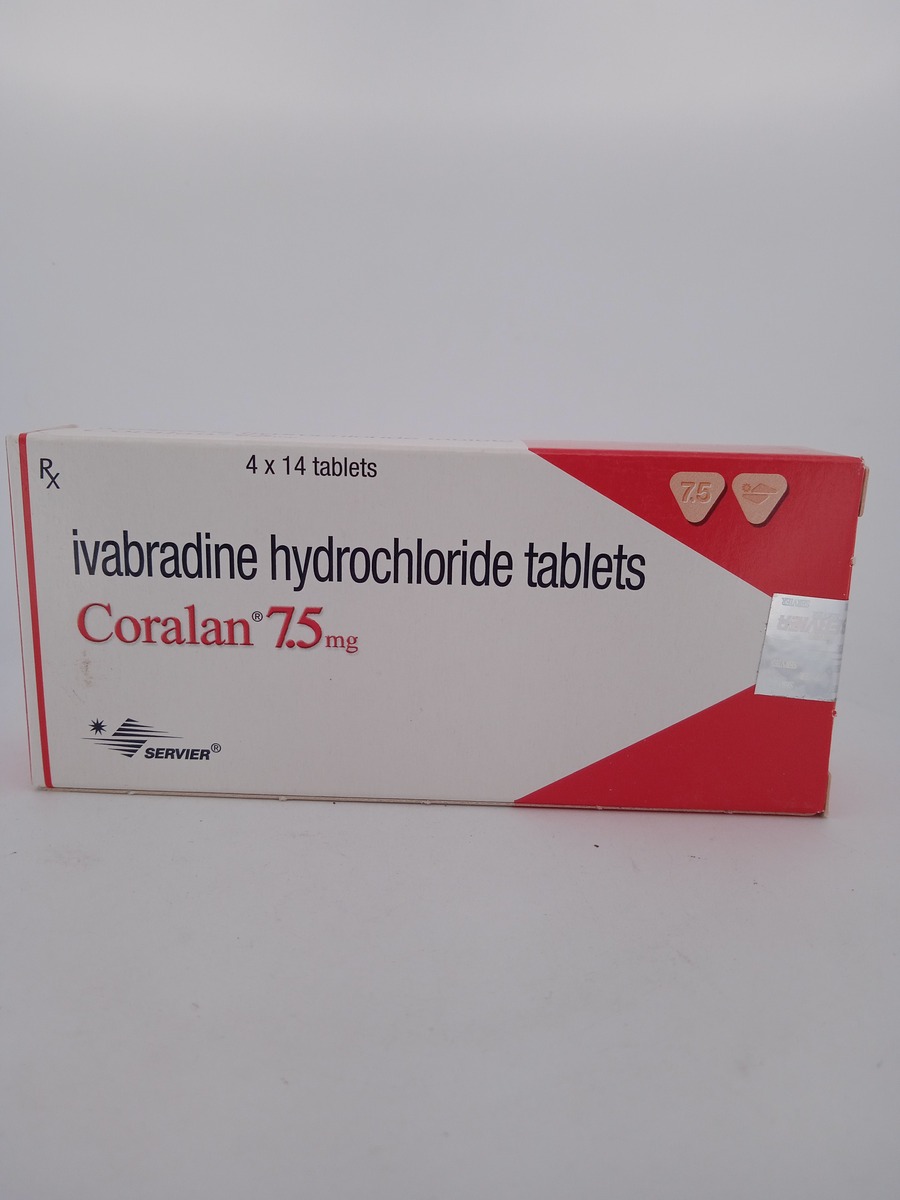



Reviews
There are no reviews yet.